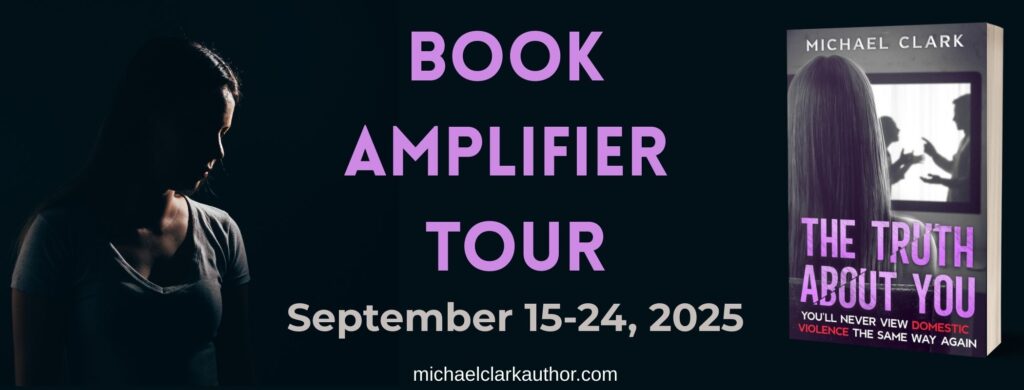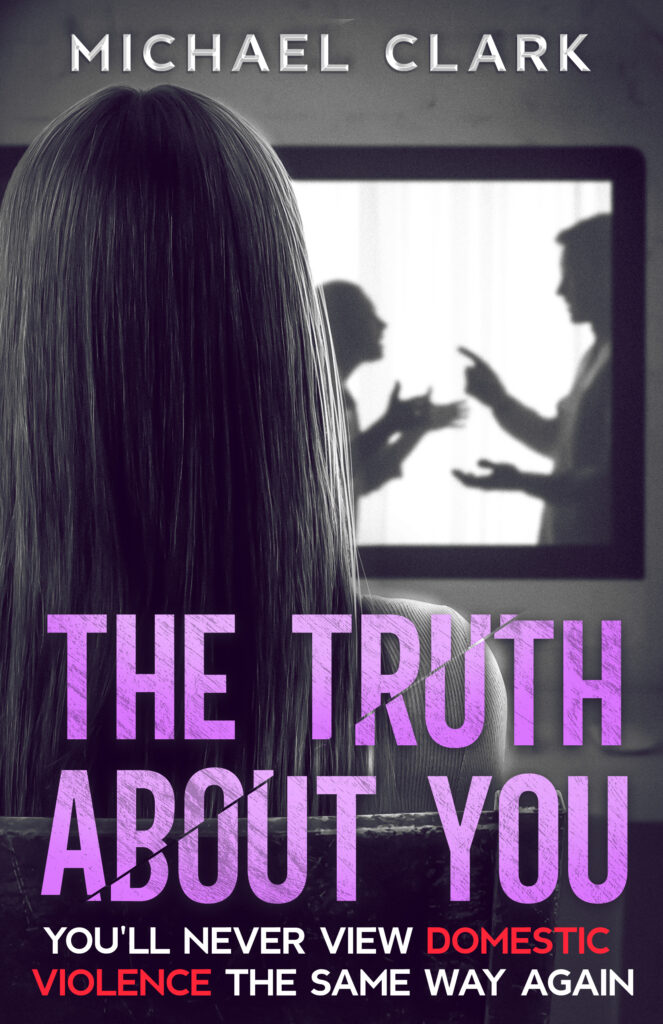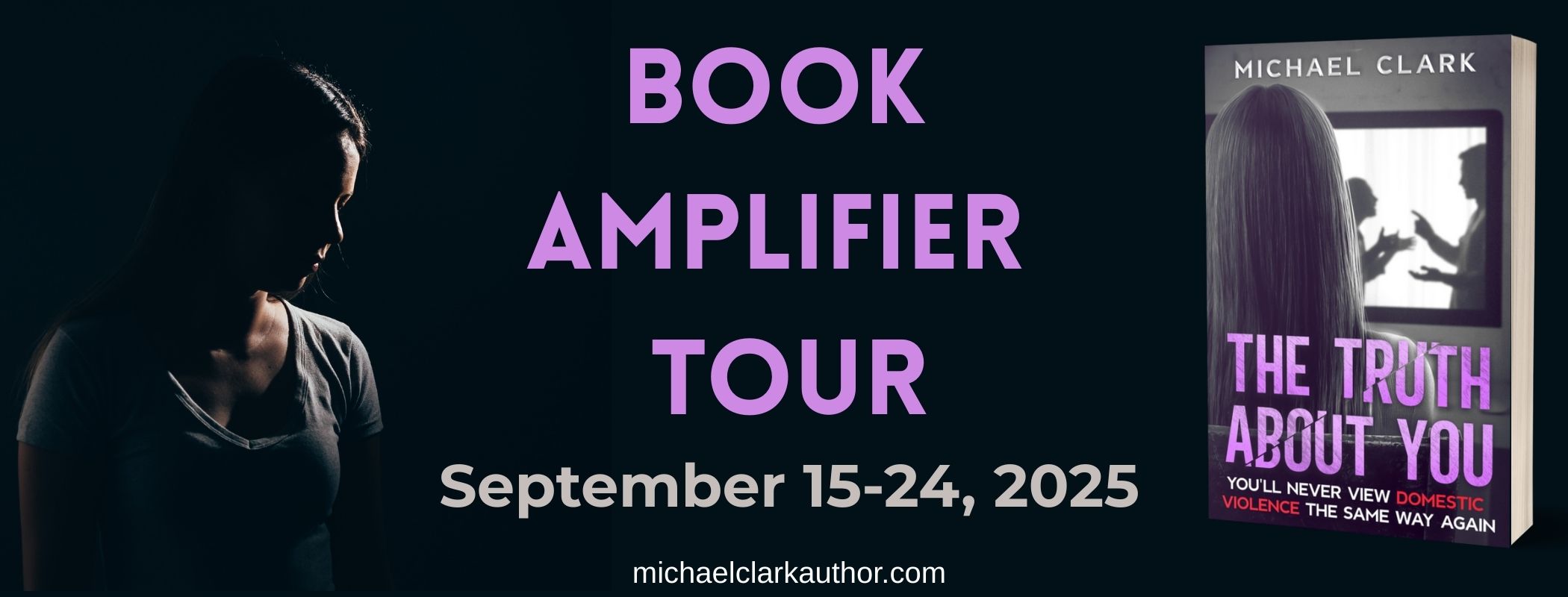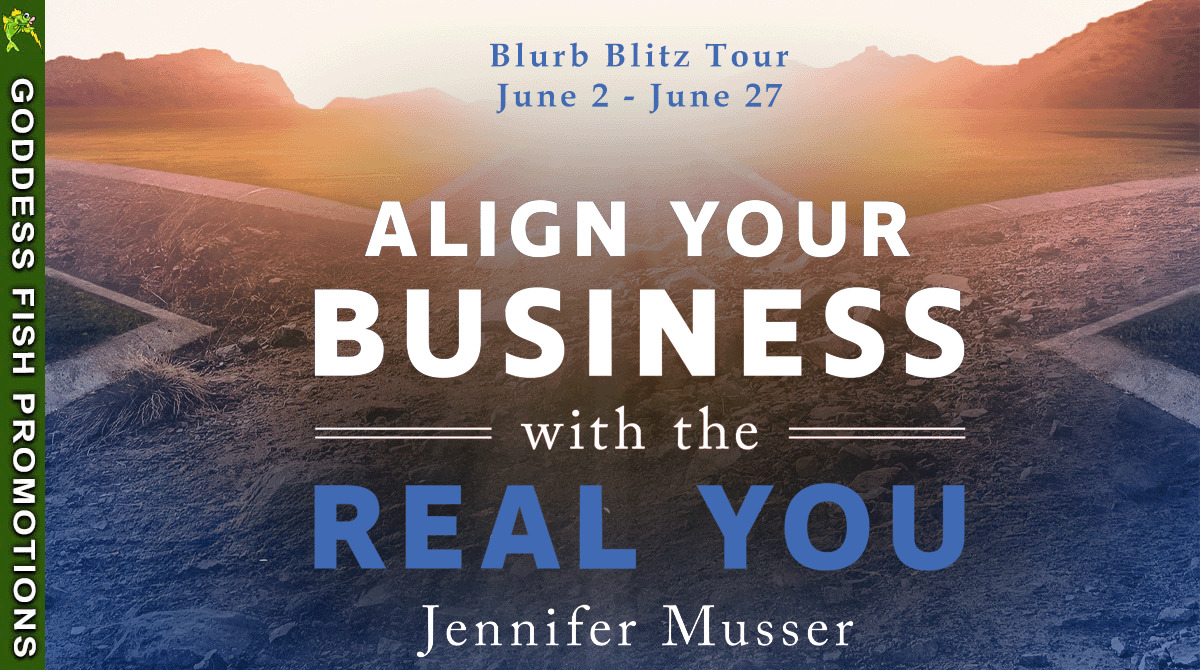This book event is through Author Marketing Experts.
The Truth About You book amplifier tour introduces you to a thrilling read. Explore, share, comment, subscribe.

Book Details

Some novels ask us to rethink everything we thought we understood about family, love, and
abuse. Michael Clark’s The Truth About You is exactly that kind of novel—bold, thought-
provoking, and deeply human.
After their stepfather is arrested for assaulting their mother, sisters Lucy and Meg believe the
nightmare is finally over. But when their mother stays with him, they take drastic action:
installing hidden cameras to capture the truth. What the recordings reveal is not the clear-cut
story they expected, but one riddled with contradictions and uncomfortable questions. With its
layered characters and moral ambiguity, The Truth About You challenges readers to confront
the complexity of abusive relationships and decide for themselves what justice and truth really
look like.
Author Details

Michael Clark writes from a place of profound experience. As founder and Executive Director of
the Ananias Foundation, he works every day to break the cycle of domestic violence by helping
those who have caused harm change. Once an offender himself, he has walked the difficult
road of transformation and now uses his voice to advocate for accountability and hope. His
memoir From Villain to Hero traces that personal journey. In The Truth About You, he brings the
same honesty and compassion to fiction, offering readers a novel that both engages and
unsettles. Learn more at michaelclarkauthor.com.
Amazon: https://bit.ly/3UL9Vv9
Goodreads: https://www.goodreads.com/book/show/240063457-the-truth-about-you
Guest Post
Wrongful Intervention
There’s one chapter in The Truth About You that came out of me easily yet left me emotionally
raw. It describes an intervention staged by friends who believed they were protecting a woman
from her “abusive” husband. Their intentions were noble—shield her, shame him—but their
efforts were tragically misplaced.
I know, because twenty years ago, I was that man in the hot seat.
My now ex-wife, along with her friends and their husbands, confronted me in a similar fashion.
They assumed the worst because they believed a story that wasn’t true. The narrative that “men
abuse, women are victims” was taken at face value. My perspective was brushed aside as nothing
more than excuse-making.
Like Greg, the husband in my novel, I had already been arrested for domestic violence and was
actively working to change. I was making progress, but no one in that circle acknowledged it.
Meanwhile, her behavior grew more abusive, and their intervention only handed her more power.
Writing that scene transported me back to the sting of betrayal—the injustice of being villainized
by people I once trusted. Few things cut deeper than being cast as a monster when the reality is
more complicated.
That’s one of the driving forces behind The Truth About You. The cultural script about domestic
violence is oversimplified: innocent victims on one side, evil perpetrators on the other. But
human relationships rarely fit neatly into those boxes. People can be both hurting and hurtful,
both flawed and striving.
In my work with thousands of men and women who have caused harm, I’ve seen this complexity
firsthand. Many admit their wrongdoing. They’re ashamed. Yet they also know they weren’t the
only one acting abusively. Their efforts to change are often dismissed, while their partner’s abuse
goes unchecked.
I wrote this book to tell those stories—and to challenge the myths that prevent real change. The
Truth About You isn’t just a novel; it’s a window into the gray areas where most relationships
actually live. If we want to address domestic violence honestly, we need narratives that reflect
the messy, human truth.
Q & A
Writing Process & Creativity
How did you research your book?
Unfortunately, I have lived through many of the situations like those described in The Truth
About You – both on the side of the abuser and the abused. More fortunately, I hear hundreds
and hundreds of stories from our clients at the Ananias Foundation, and the circumstances
described are an amalgamation of their stories, too. As part of my work, I invest significant time
keeping up with the research, thought leaders, laws, and best practices surrounding the subject
of domestic violence and abuse.
What’s the hardest scene or character you wrote—and why?
Meg was the most difficult character to write about, as she represented everything The Truth
About You was written to challenge. She bought into the dominant narrative about domestic
violence and held on to that view, despite the ever-growing pile of evidence in front of her which
refuted her assessment. Still, I wanted to give Meg depth as a human being, and none are all
bad or all good. Balancing her slavish loyalty to the unhelpful narrative with positives was
challenging—like trying to say something nice about your enemy.
Where do you get your ideas?
The situations and dialogue were easy – see my answer to the question about my research
process above. Settings were modeled after locations found in the Des Moines, IA area where I
live. The hidden camera idea stemmed from arguments I had with my now ex-wife. I knew that if
there was a hidden camera somewhere in the house, what people would see in those videos
would have been far different (and balanced) than what she claimed happened. I never installed
cameras, but I seriously considered it.
What sets your book apart from others in your genre?
There are so many novels that contain scenes where domestic violence or abuse happens.
Nearly all of them follow the standard script—the stereotypical story of the abusive and
controlling man and the innocent woman victim. Yet that story is the minority of domestic
violence cases. Women abuse men at similar rates, around half of abusive relationships are
mutually abusive, abuse, when it happens, doesn’t always continue, and abusers do change.
This more accurate story is the one told in The Truth About You.
What helps you overcome writer’s block?
I honestly never faced writer’s block. This story rattled around in my head for years, so I had
what seemed like an endless supply of ideas to include. I’m also a writer who outlines
extensively, so I began with a very high-level outline, then created more detailed outlines of
where I wanted the story to go. Writing was more of a process of fleshing out the outlines.
What’s your favorite compliment you’ve received as a writer?
When I hear from readers that I described situations and characters they strongly related to, and
as a result, gave them a voice they never felt they had.
Your Writing Life
Do you write every day? What’s your schedule?
I have a full-time job as the Executive Director of the Ananias Foundation, so I cannot write
every day like someone who is a full-time writer. That said, I do a fair amount of writing in my
position, albeit some of that writing is as mundane as responding to emails.
Any quirky writing rituals or must-have snacks?
I have a secret: I never took a typing or keyboarding class in school, never formally learned to
type, and my typing is slow and filled with typos. So how did I plunk out a 86,000 word
manuscript? I narrated much of the story off the top of my head using voice recognition, then
went back and made the necessary corrections. I found this process produced the text faster
and contained fewer errors than what my clumsy fingers created.
Behind the Book
Why did you choose this setting?
They say write what you know, so choosing Des Moines, Iowa as my setting (renamed Veritas
Falls) was easy. Plus, because domestic violence affects regular people, I wanted ordinary
characters, living in an ordinary place, and middle-America is as ordinary as you can get.
Which author(s) most inspired you?
Jodi Picoult
September 15th
Long and Short Reviews
http://www.longandshortreviews.com
Sharing Life’s Moments
https://sharinglifesmoments.com
September 17th
@bookwormwhitlock86
https://www.instagram.com/bookwormwhitlock86
Sarandipity’s
https://sarandipitys.com
September 19th
@book.addict.827
https://www.instagram.com/book.addict.827
September 20th
@whatnolareads
https://www.tiktok.com/@whatnolareads
September 22nd
@carol_doscher_reader
https://www.instagram.com/carol_doscher_reader
Country Mamas with Kids
https://countrymamaswithkids.com
September 23rd
@thepageladies
https://www.instagram.com/thepageladies
September 24th
Phyllis Jones Pisanelli Reviews
http://pjp-reviews.com
Novel Kicks
http://www.novelkicks.co.uk
Anytime between 9/15-9/24
@5mins_forme
http://www.instagram.com/5mins_forme/
@aibibyreads
http://instagram.com/aibibyreads
Stacey-Ann Says
http://staceyannsays.com
@chapterswithcollins
https://www.instagram.com/chapterswithcollins
A Wonderful World of Words
https://awonderfulworldofwordsa.blogspot.com/
Chapter Break
https://chapterbreak.net
@callistoscalling
https://instagram.com/callistoscalling
Amy’s Booket List
https://amysbooketlist.com
@sudeshnalovesreading
https://www.instagram.com/sudeshnalovesreading
OneMoreExclamation
http://www.instagram.com/onemoreexclamation
Cocktails and Fairytales
https://www.facebook.com/CocktailsFairytales
Reading Authors Network
https://readingauthors.blogspot.com
A Crime Readers Blog
http://www.acrimereadersblog.com




